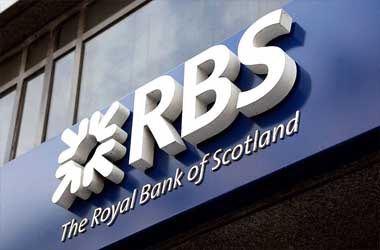 British bank the Royal Bank of Scotland will need to pay $1.1 billion to a U.S. regulator to settle allegations of financial malpractice in selling mortgage bonds to credit unions ahead of the 2008 mortgage crisis.
British bank the Royal Bank of Scotland will need to pay $1.1 billion to a U.S. regulator to settle allegations of financial malpractice in selling mortgage bonds to credit unions ahead of the 2008 mortgage crisis.
The National Credit Union Administration (NCUA) has levied the fine on RBS for selling financial instruments called residential-mortgage- backed securities (RMBS) and the fine is part of a settlement to close two cases filed against RBS. The bank’s chief executive, Ross McEwan said that the amount was included in the provisions of $5.6 billion already set aside by the bank, but warned that there are other U.S. institutions who could levy further penalties on RBS.
McEwan pointed out that bank was in talks with NCUA as well as the Federal Housing Finance Agency but not with the U.S. Department of Justice (DoJ). The DOJ is likely to impose a hefty fine, which analysts have estimated can go upto £9 billion.
Reuters
In a statement, RBS said,
As previously stated, RMBS litigation and investigations may require additional provisions in future periods that in aggregate could be materially in excess of the (current) provisions.
McEwan had initially hoped that RBS’ discussions with the DOJ would be concluded by this year, but now there are indications that it might only be finalized next year.
Deutsche Bank is one of the other banks facing punitive action from the DOJ, with negotiations for a fine said to start at $14 billion. The magnitude of the fine has pulled down Deutsche Bank’s share price to 30-year lows in the past few weeks and is causing anxiety in Germany.
RBS’ shares have been battered by Deutsche Bank’s troubles closing at 175p – far below the 502p average price that was paid for its shares by the taxpayer in the £45.5 billion bailout package. The bank has been hit by Brexit woes like all UK financial companies, but the extent of loss has been among the highest.
The UK government owns 73 percent of the bank and previously had plans to sell its stake over the next four years. The company is now worth a mere £15 billion. McEwan warned earlier this year that it would be challenging for the company to meet its 2019 target of 12 percent return on equity.The bank may not also be able to meet its 2017 target of selling 300 branches of its Williams & Glyn business, which might result in a fresh fine.




